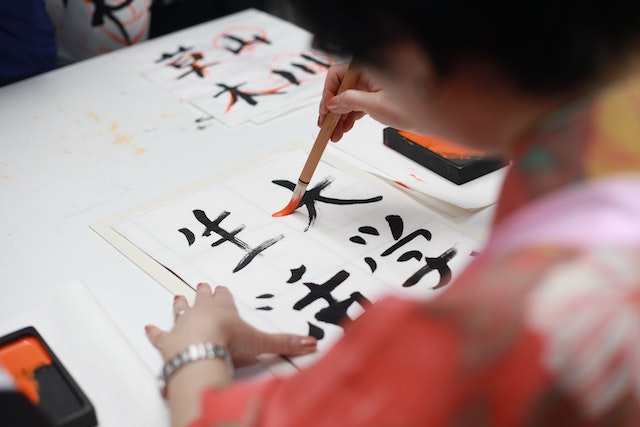“Souka” is a common interjection in the Japanese language that has several meanings and uses depending on the context. In this article, we will explore the various meanings and uses of “souka” in Japanese.

One of the most common uses of “souka” is to express agreement or understanding. In this context, it can be translated as “I see,” “I understand,” “Is that so?” or “Really?” It is often used to show that the speaker is actively listening and processing the information being conveyed.
Another use of “souka” is to express surprise or disbelief. In this context, it can be translated as “Oh, really?” or “No way!” It is often used when the speaker hears unexpected or surprising news.
In some cases, “souka” can also be used to express indifference or lack of interest. In this context, it can be translated as “Oh, is that so?” or “I don’t really care.”
In some situations, “souka” can also be used sarcastically. In this context, it can be translated as “Oh, really?” or “I’m not impressed.”
Lastly, “souka” can be used to express doubt or suspicion. In this context, it can be translated as “Is that really the case?” or “Are you sure?”
Overall, “souka” is a versatile interjection that can be used in a variety of situations. Its meaning depends on the context and tone of the speaker. It is important to pay attention to the context and intonation to understand the meaning of “souka” in a given situation.
In conclusion, “souka” is a commonly used word in the Japanese language that has several meanings and uses. It is often used to express agreement, understanding, surprise, disbelief, indifference, sarcasm, doubt, or suspicion. Its meaning depends on the context and tone of the speaker. Therefore, it is important to pay attention to the context and intonation to fully understand the meaning of “souka” in a given situation.